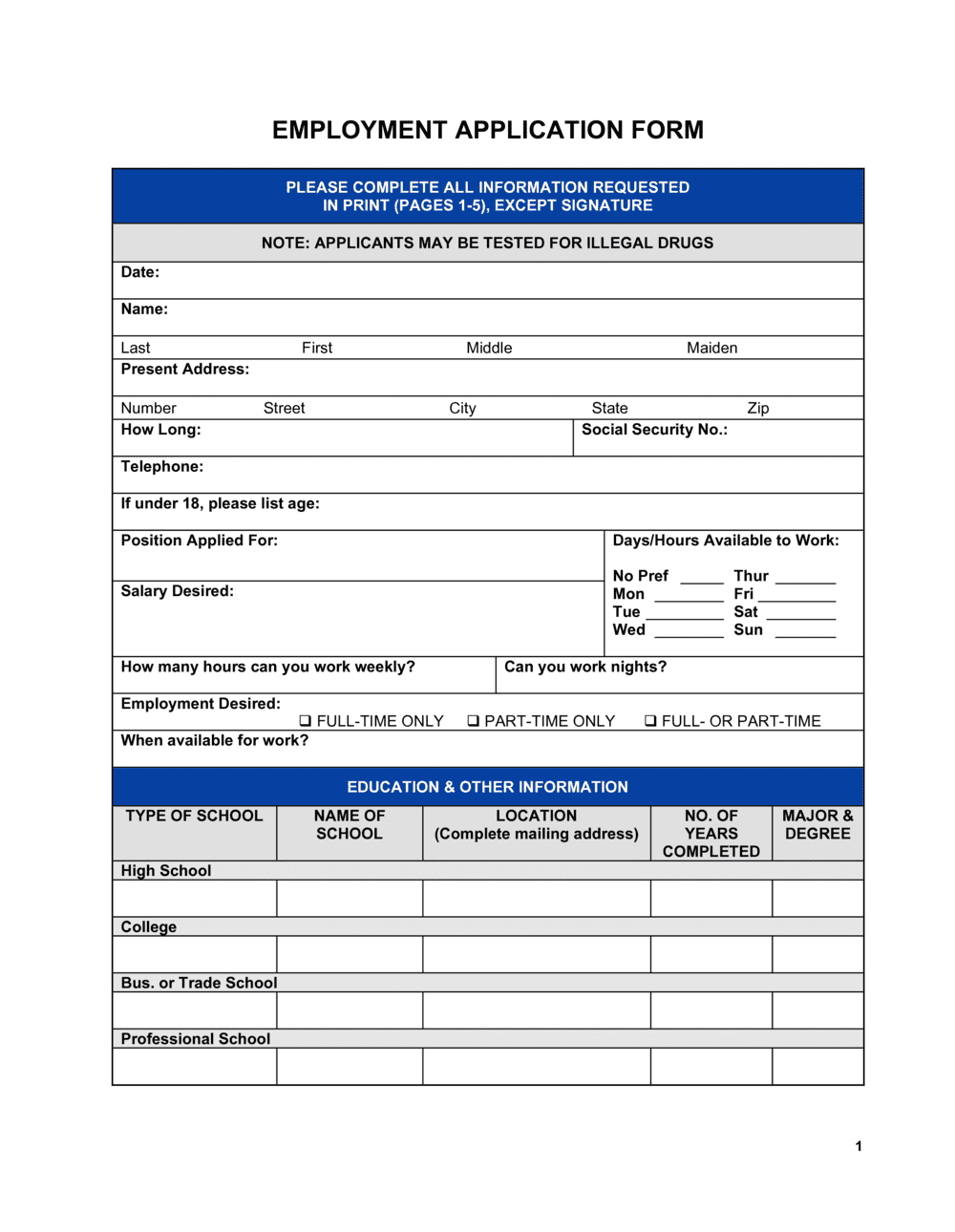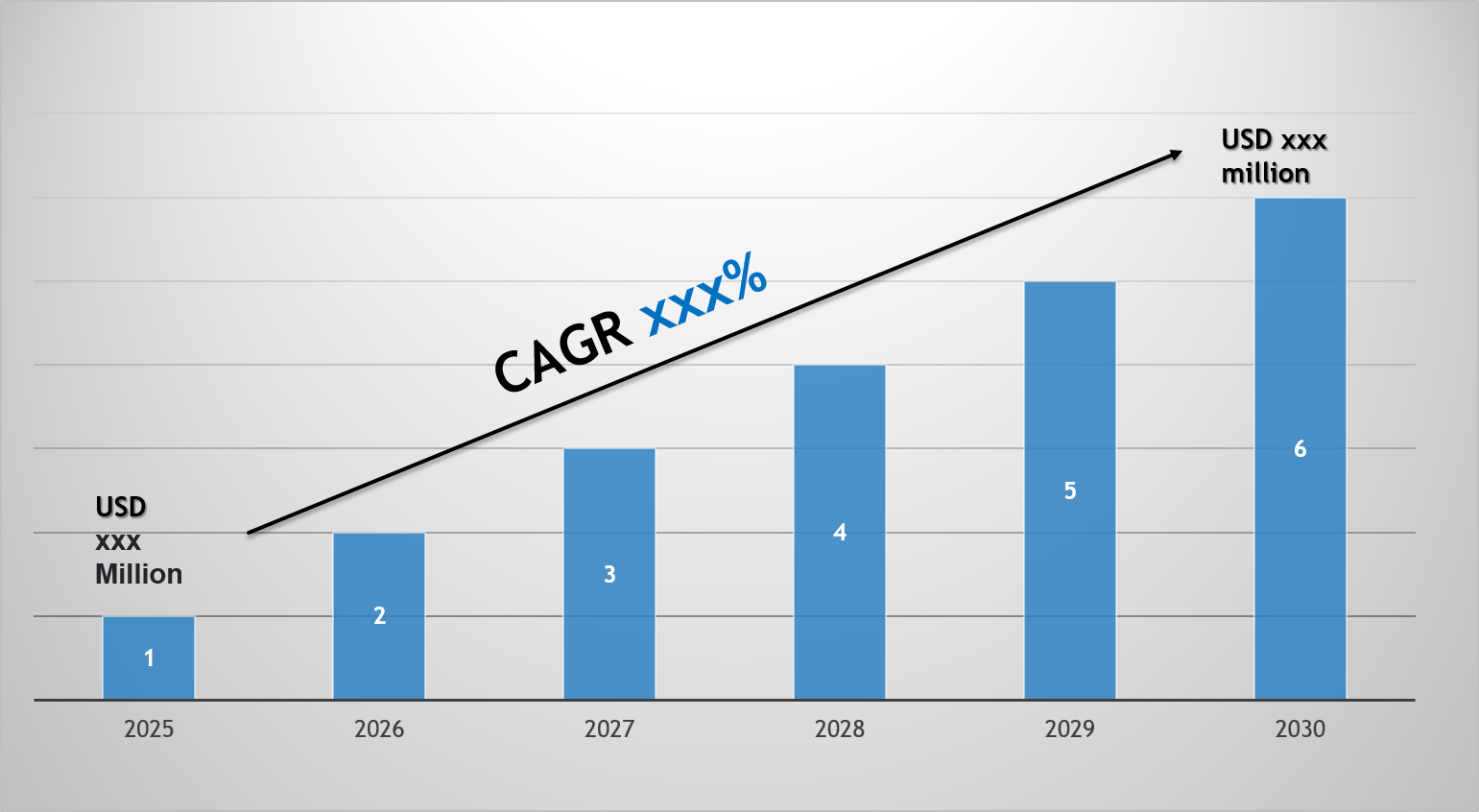Data Privacy and Security in Analytics Practices

In the modern digital landscape, data has become one of the most valuable assets for businesses. Organizations across industries rely on analytics to drive decisions, predict trends, and enhance customer experiences. However, with the growing reliance on data comes an equally pressing concern—privacy and security. Analytics practices often involve collecting, storing, and processing vast amounts of sensitive information. If not handled properly, this can lead to breaches of trust, compliance failures, and serious financial losses.
Data privacy and security in analytics practices are no longer optional—they are essential. Companies that adopt responsible approaches not only protect their stakeholders but also build credibility in highly competitive markets.
Why Data Privacy Matters in Analytics
Data privacy focuses on ensuring that personal and sensitive information is collected, stored, and used in a lawful and transparent way. In analytics, where large datasets may include customer records, financial transactions, or healthcare details, safeguarding privacy is critical.
When businesses overlook privacy, they risk exposing individuals to identity theft, fraud, or unauthorized use of personal information. From a business perspective, such incidents damage reputation and result in regulatory penalties. Therefore, ensuring privacy within analytics practices goes beyond compliance—it builds long-term trust with clients and users.
Understanding the Security Risks in Data Analytics
Security risks in analytics stem from the sheer volume and variety of data being processed. Cybercriminals view analytics platforms as rich targets, given their concentration of sensitive information. Threats include unauthorized access, ransomware attacks, phishing schemes, and insider misuse.
Analytics environments are also vulnerable when data is transferred between systems. Without strong encryption and monitoring, attackers can intercept this flow, exposing organizations to significant breaches. Businesses must adopt layered security strategies to ensure that analytics environments remain resilient against evolving threats.
Role of Data Analytics Services in Privacy Protection
Adopting advanced data analytics services helps organizations integrate security measures at every stage of the data lifecycle. These services provide structured frameworks for managing sensitive information, from collection to analysis. By embedding compliance standards like GDPR and HIPAA into analytics workflows, businesses can mitigate risks of non-compliance while ensuring ethical use of data.
Moreover, professional analytics services empower organizations to detect anomalies faster. Early detection of unusual activity, such as unauthorized access attempts, ensures that potential breaches are contained before they escalate.
Importance of Data Encryption and Anonymization
Encryption is one of the strongest defenses in analytics practices. By converting sensitive information into unreadable formats, encryption ensures that even if data is intercepted, it cannot be exploited. Anonymization goes further by removing personal identifiers from datasets, enabling businesses to analyze trends without compromising individual privacy.
These two practices are particularly valuable in industries like healthcare and finance, where regulations demand stringent protection of personal data. By integrating encryption and anonymization into analytics systems, organizations create an environment where both security and usability coexist.
Building Trust through Transparent Data Practices
Transparency is at the heart of data privacy. Organizations must clearly communicate how they collect, store, and use data. Analytics practices that lack transparency create mistrust, even when technically compliant. On the other hand, businesses that adopt transparent practices reassure clients and customers that their data is in safe hands.
This trust becomes a competitive advantage. In an era where consumers are increasingly concerned about digital privacy, companies that prioritize openness in their analytics practices stand out.
Role of Visualization in Secure Analytics
While security ensures data protection, visualization ensures usability. Modern data visualization service providers design dashboards and reporting systems that not only present insights clearly but also protect sensitive information. Role-based access controls ensure that users only see the data relevant to their role, minimizing the risk of unnecessary exposure.
For example, a sales manager might access customer trends while financial details remain hidden. This combination of clarity and control ensures that visualization remains secure without compromising analytical value.
How Data Managed Services Strengthen Security
Effective analytics relies on clean, accurate, and well-managed data. However, managing sensitive information securely requires consistent oversight. Partnering with data managed services ensures that security protocols extend across all data storage and processing layers.
These services support organizations by implementing governance frameworks, monitoring compliance, and ensuring timely updates to address vulnerabilities. By centralizing oversight, managed services help businesses maintain both security and efficiency in analytics operations.
Compliance with Global Regulations
Analytics practices must comply with an array of international regulations. Laws such as GDPR in Europe and CCPA in California set strict guidelines for data collection, usage, and storage. Failure to comply not only results in financial penalties but also erodes customer trust.
Organizations that integrate compliance into their analytics frameworks gain long-term benefits. They avoid costly breaches, maintain stronger reputations, and demonstrate responsibility in managing sensitive data.
Future of Privacy and Security in Analytics
The future of analytics will see even greater focus on security. With the rise of artificial intelligence, Internet of Things devices, and real-time analytics, data ecosystems are becoming more complex. This complexity demands advanced strategies such as zero-trust architectures, AI-driven threat detection, and enhanced regulatory frameworks.
Organizations that proactively invest in privacy and security today will be better prepared for future challenges. They will also be more attractive to customers who prioritize data safety in their digital interactions.
Frequently Asked Questions
Why is data privacy important in analytics
It ensures that personal and sensitive information is used responsibly, builds trust with clients, and helps businesses avoid compliance penalties.
What are common security risks in analytics
Risks include cyberattacks, insider misuse, unauthorized access, and breaches during data transfer.
How do data analytics services enhance security
They integrate compliance standards, automate monitoring, and provide anomaly detection to protect sensitive information throughout its lifecycle.
Can data visualization compromise privacy
Not if implemented correctly. With role-based access controls, visualization tools protect sensitive data while still delivering clear insights.
What role do managed services play in analytics security
Managed services ensure consistent governance, enforce compliance, and monitor systems for vulnerabilities, making analytics safer and more efficient.
Conclusion
As organizations expand their reliance on analytics, prioritizing privacy and security is no longer optional—it is a necessity. Strong encryption, anonymization, transparent practices, and effective governance frameworks ensure that analytics delivers value without compromising trust.
By leveraging professional services in analytics, visualization, and data management, businesses can achieve the right balance between insight and security. This approach not only safeguards sensitive information but also strengthens long-term relationships with customers, partners, and stakeholders.






